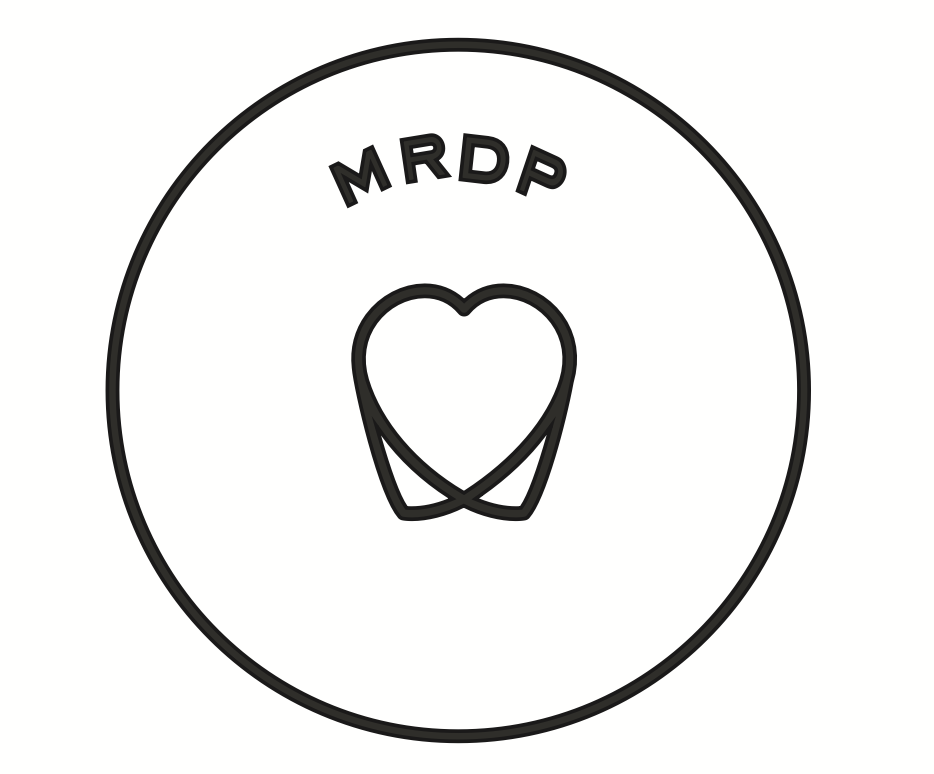Gum disease, also known as periodontal disease, is a common condition that affects many people worldwide. It is an inflammation of the gums that can lead to tooth loss if left untreated. What many people don’t realize is that gum health is linked to heart disease. In this article, we will discuss the connection between gum health and heart disease.
The Connection Between Gum Health and Heart Disease
Research has shown that people with gum disease are at higher risk for heart disease. The bacteria that cause gum disease can enter the bloodstream and travel to other parts of the body, including the heart. Once in the heart, these bacteria can cause inflammation, which can lead to atherosclerosis, a buildup of plaque in the arteries.
Atherosclerosis can cause the arteries to narrow, making it harder for blood to flow through them. This can lead to high blood pressure, heart attack, and stroke. In fact, research has shown that people with gum disease are twice as likely to develop heart disease as those with healthy gums.
The Link Between Inflammation and Heart Disease
In addition to the bacteria themselves, inflammation caused by gum disease can also contribute to heart disease. Chronic inflammation in the body can damage the walls of the arteries, making it easier for plaque to accumulate. This can lead to atherosclerosis and other cardiovascular problems.
Preventing Gum Disease and Heart Disease
The good news is that there are steps you can take to prevent gum disease and reduce your risk of heart disease. Maintaining good oral hygiene is the first step. This includes brushing twice a day, flossing daily, and visiting the dentist regularly for checkups and cleanings. It is also important to avoid smoking, as smoking is a major risk factor for both gum disease and heart disease.
Eating a healthy, balanced diet can also help protect your gum and heart health. Foods that are high in sugar and processed carbohydrates can contribute to gum disease by feeding the bacteria that cause it. On the other hand, a diet rich in fruits, vegetables, lean protein, and whole grains can help keep your gums and heart healthy.
In addition to these lifestyle changes, it is important to manage any health conditions that can contribute to gum disease and heart disease. For example, controlling your blood sugar if you have diabetes can help reduce your risk of gum disease and heart disease.
Conclusion
Gum health and heart health are closely linked, and taking care of your gums can help protect your heart. By maintaining good oral hygiene, avoiding smoking, eating a healthy diet, and managing any underlying health conditions, you can reduce your risk of gum disease and heart disease. If you have concerns about your gum or heart health, be sure to talk to your healthcare provider or dentist.



